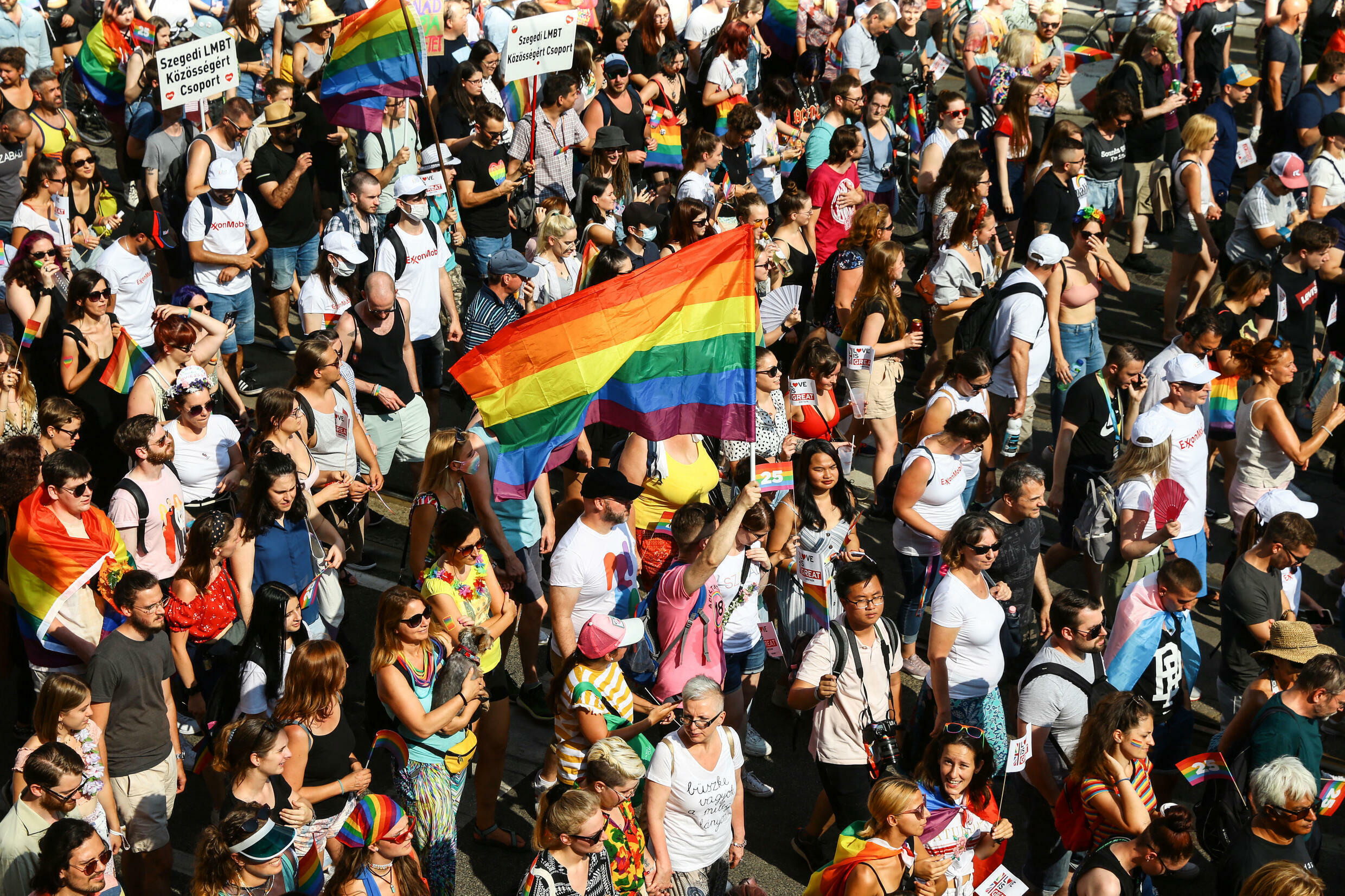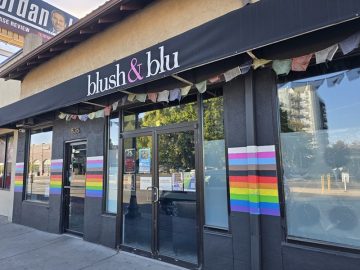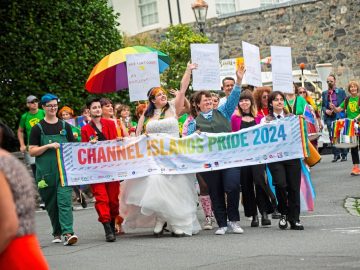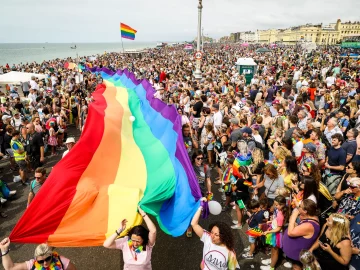Thousands of Hungarian citizens gathered at the annual parade in Budapest on Saturday, expressing their support for the LGBTQ+ community and vowing to continue speaking out against government policies. Information about this came from Reuters.
March for equal rights: an LGBTQ+ voice in Hungary
In the context of contemporary political changes in Hungary, the government of Viktor Orbán has introduced a series of legislative amendments limiting the rights of LGBTQ+ citizens. These measures have been the subject of intense debate both domestically and internationally, highlighting the importance of international support and the active participation of human rights defenders.
“It’s very meaningful to be here to show that we exist and our existence matters,” 30-year-old Anna Reti, a participant in the march in the capital, shared her thoughts. She noted that many members of the LGBTQ+ community in Hungary encounter discrimination and unfriendliness in their daily lives
” For instance, she mentioned, “Just recently, I stepped out adorned in rainbow accessories, and it was hard not to notice people staring at me.”
Hungary does not recognize same-sex marriage and only heterosexual couples have the legal right to adopt children.
Orbán’s administration revised the constitution to define marriage as solely between a man and a woman and restricted adoption rights for gay couples. His administration has asserted that the 2021 legislation aims to safeguard children and does not specifically aim at the LGBTQ+ community. Nonetheless, it has sparked worry among homosexual, bisexual, and transgender individuals in Hungary.
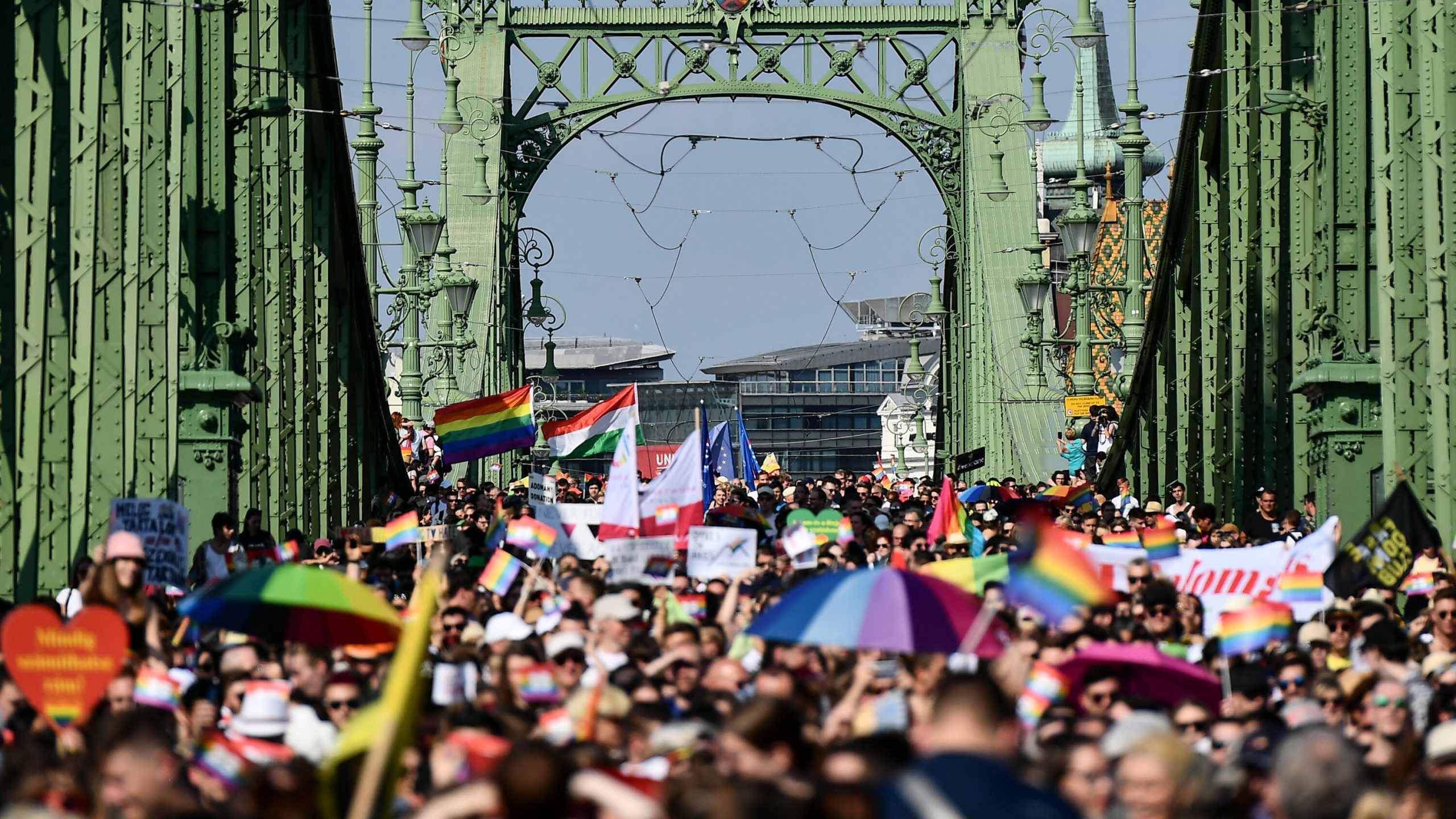
Last year, multiple bookshops faced fines for selling books depicting homosexuality without the required plastic wrapping, as stipulated by law.
In November, the museum’s director was fired after the institution allowed visitors under 18 to view a World Press Photo exhibit that contained LGBTQ+ content.
Before Saturday’s march, the embassies of the United States, Germany, and 33 other nations called on Hungary to safeguard LGBTQ+ rights and revoke laws that discriminate against individuals in this community. David Pressman, the US ambassador, was one of several diplomats who attended the Pride event. “This is a delightful nation with a deep historical legacy of individuals who stand up and fight for liberty. The participants in today’s march embody the best traditions of our country,” he told reporters.
Let us recall that the embassies of more than thirty countries, including Ukraine, in Hungary made a collective declaration preceding the 29th Budapest Pride, affirming solidarity with the LGBTQ+ community and denouncing its oppression in the region.
Laws and discrimination: how countries around the world ensure LGBTQ+ rights
A study of legislation on the rights of the LGBTQ+ community around the world shows significant differences in legal approaches and levels of protection. In certain nations, prejudice based on sexual orientation and gender identity persists and is legally sanctioned.
For instance, Russia has legislation prohibiting the “promotion of non-traditional sexual relationships among minors”, which is often used to restrict the rights of the LGBTQ+ community to freedom of expression and gathering.
In Hungary, Orbán’s government changed the constitution to define marriage exclusively as between a man and a woman, and restricts adoption rights for same-sex couples, sparking serious concerns and protests from LGBTQ+ activists and human rights defenders.

In other Eastern European countries, such as Poland, laws also aim to restrict the rights of LGBTQ+ citizens, including prohibitions on “gay pride marches” ” and other events aimed at strengthening civil society and solidarity.
The Middle East and some African countries have laws that criminalize same-sex relationships, leading to systemic discrimination and violence against LGBTQ+ people.
Many Asian countries have laws and customs that set rigid norms on gender identity and limit the rights of transgender people.
Despite global efforts and international pressure to change legislation to protect the rights of the LGBTQ+ community, issues of discrimination and inequality continue to persist in various parts of the world.

